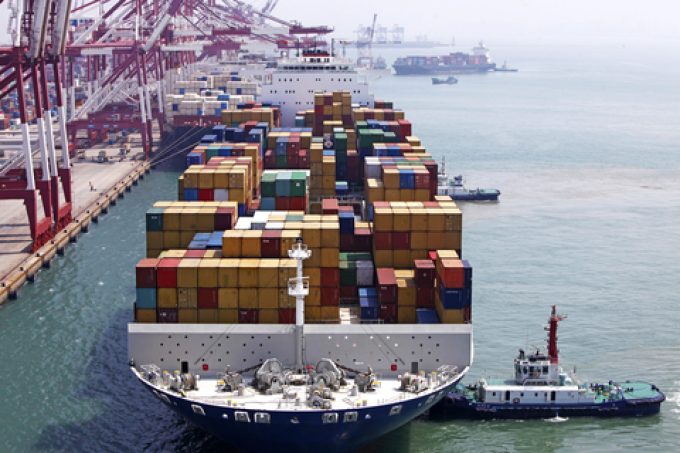Disconnect: time-charters and the freight market
Time to jump off?

With the Red Sea crisis continuing to artificially prop up container spot rates, carriers have largely abandoned the tactic of using blank sailings to adjust supply to suit demand, according to new analysis from Sea-Intelligence.
The structural overcapacity faced by the liner industry has, to a large extent, been mitigated by the Houthi attacks on Red Sea shipping forcing vessel diversions around the Cape of Good Hope.
And while these have directly hit Asia-North Europe, Asia-Mediterranean and a selection of Asia-US east ...
Volcanic disruption at Anchorage could hit transpacific airfreight operations
Shippers snap up airfreight capacity to US ahead of tariff deadline
New price hikes may slow ocean spot rate slide – but for how long?
Forwarders stay cool as US 'liberation day' tariffs threaten 'global trade war'
Tighter EU import requirements proving 'a challenge' for forwarders
Supply chain delays expected after earthquake hits Myanmar
Looming Trump tariffs will create 'a bureaucratic monster' for Customs

Comment on this article